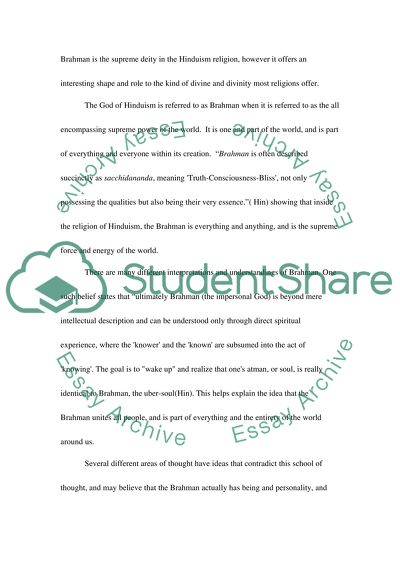Cite this document
(“Hinduism Essay Example | Topics and Well Written Essays - 1500 words - 1”, n.d.)
Hinduism Essay Example | Topics and Well Written Essays - 1500 words - 1. Retrieved from https://studentshare.org/miscellaneous/1511223-hinduism
Hinduism Essay Example | Topics and Well Written Essays - 1500 words - 1. Retrieved from https://studentshare.org/miscellaneous/1511223-hinduism
(Hinduism Essay Example | Topics and Well Written Essays - 1500 Words - 1)
Hinduism Essay Example | Topics and Well Written Essays - 1500 Words - 1. https://studentshare.org/miscellaneous/1511223-hinduism.
Hinduism Essay Example | Topics and Well Written Essays - 1500 Words - 1. https://studentshare.org/miscellaneous/1511223-hinduism.
“Hinduism Essay Example | Topics and Well Written Essays - 1500 Words - 1”, n.d. https://studentshare.org/miscellaneous/1511223-hinduism.


